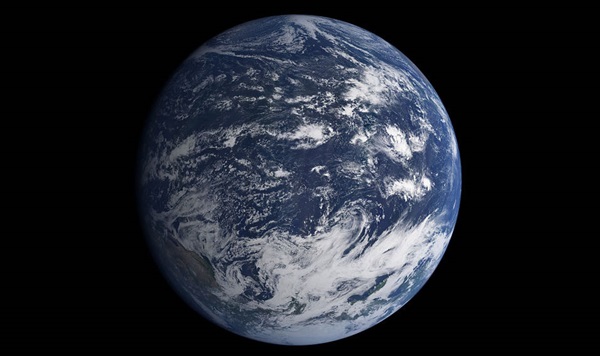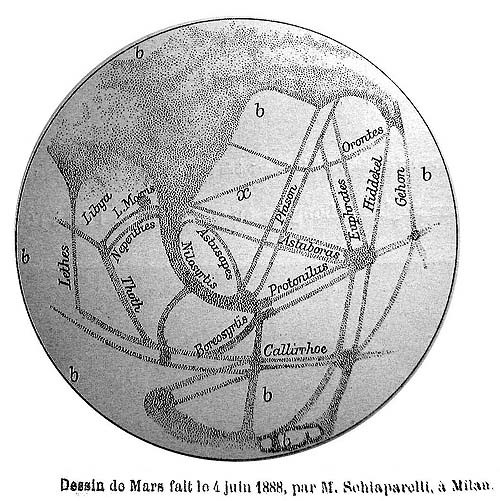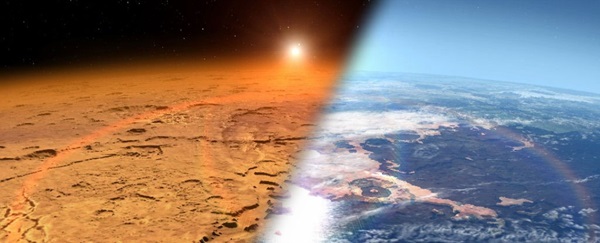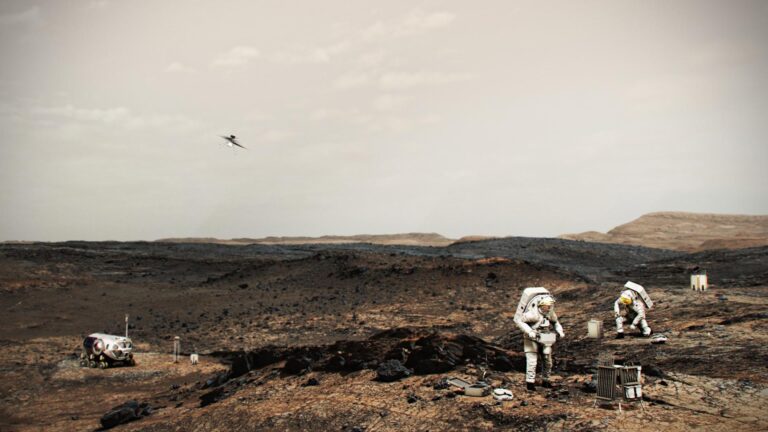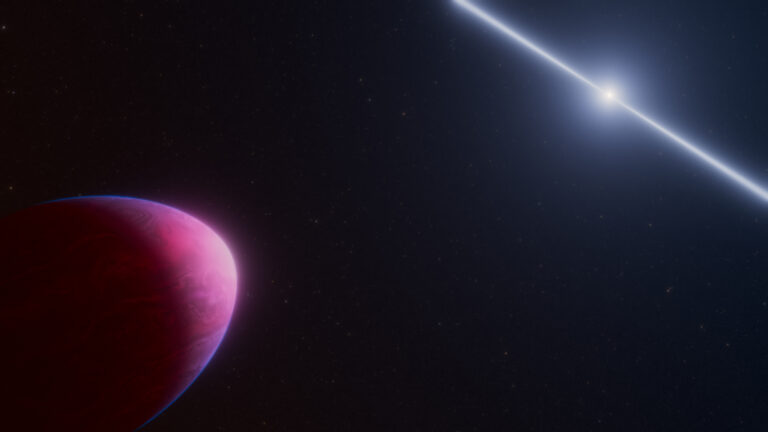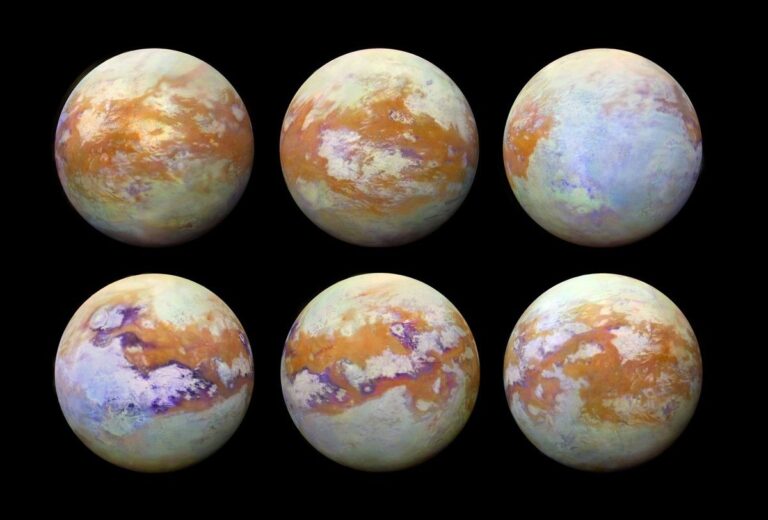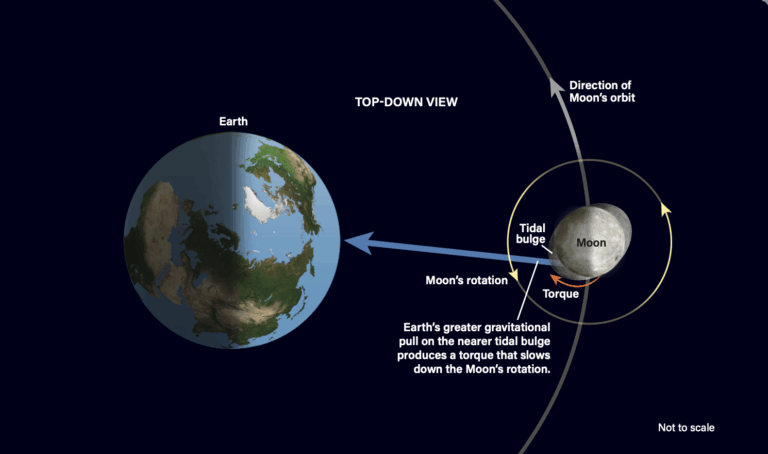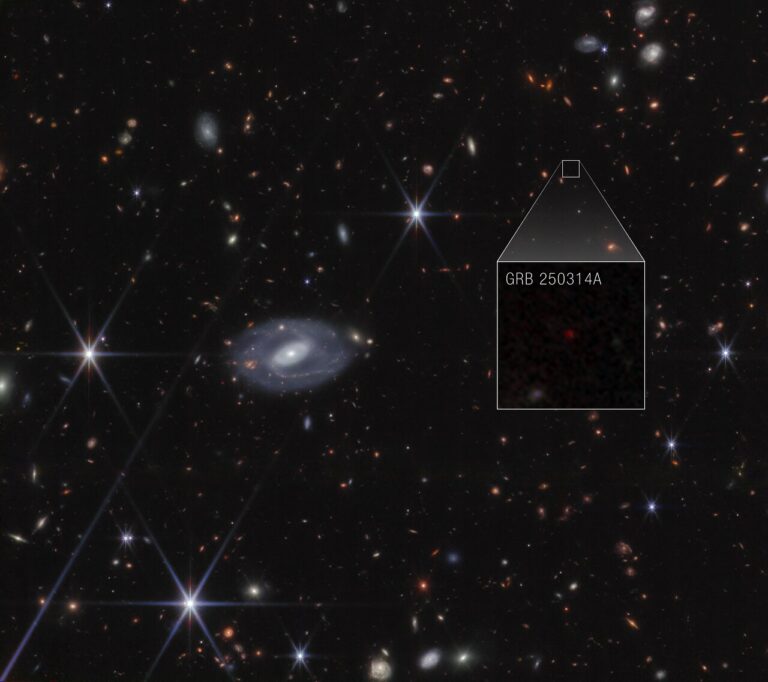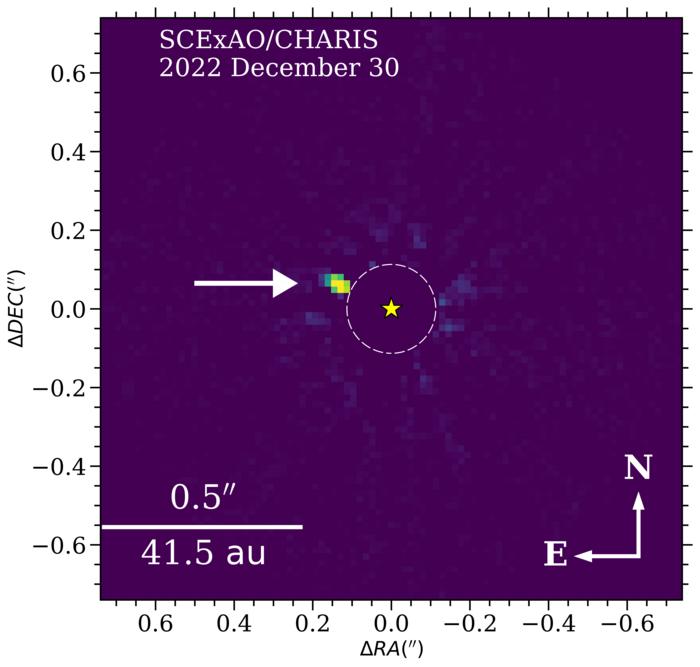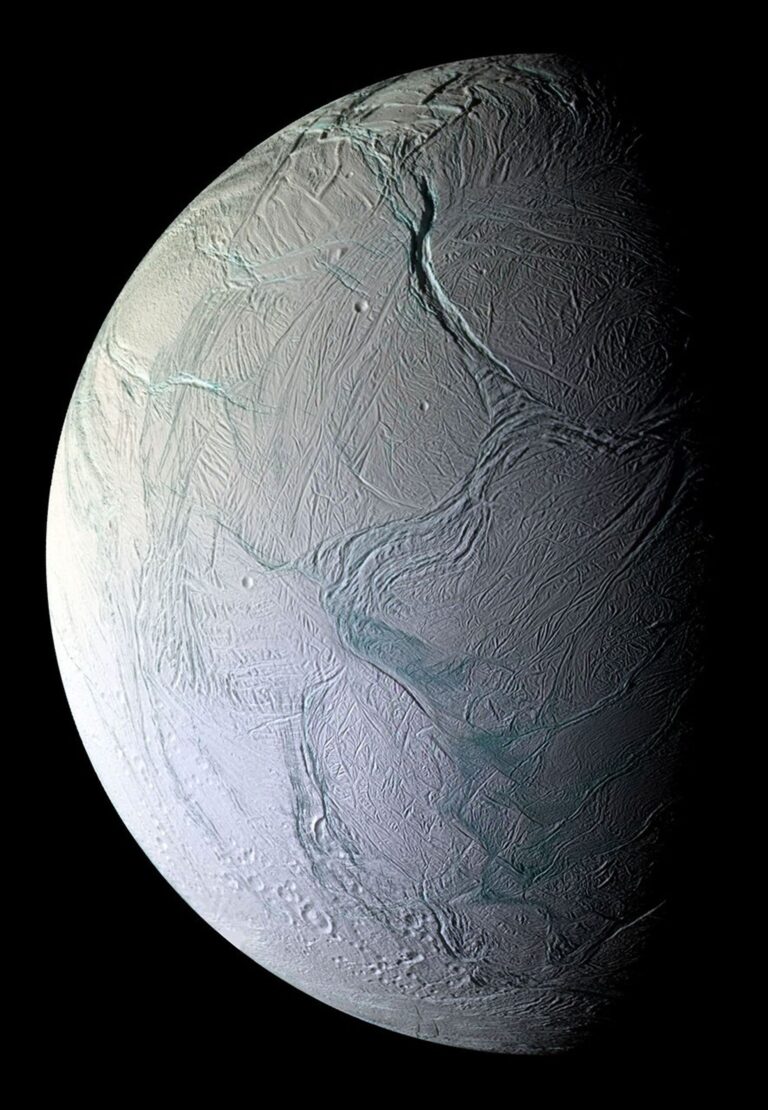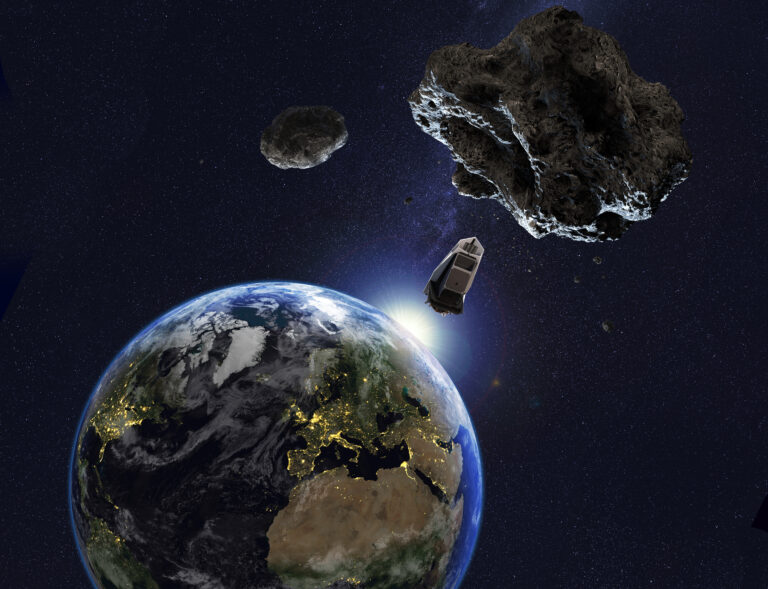Key Takeaways:
- The search for extraterrestrial life has historically focused on detecting radio signals from advanced civilizations, but has shifted towards identifying liquid water as a primary indicator of life, both intelligent and microbial.
- Several moons of Jupiter and Saturn (Ganymede, Callisto, Europa, and Enceladus) are considered promising candidates for harboring subsurface oceans and potential life, though accessing these is technologically challenging.
- Mars, though currently inhospitable on its surface due to high radiation, oxidizing soil, and thin atmosphere, is considered a potential location for subsurface life, particularly in the form of resilient spores or even active microbial communities.
- The search for life on Mars, particularly focusing on ancient rock formations, is driven by the possibility of discovering a second genesis of life in our solar system and the potential implications of such a discovery.
For almost as long as humans have dreamed of other worlds, they’ve ruminated on the possibility of extraterrestrial life. Almost 2,500 years ago, Metrodorus of Chios wrote, “It is unnatural in a large field to have only one shaft of wheat, and in the infinite universe only one living world.” And since then, in one form or another, the belief in life beyond Earth has endured.
At the first Communication with Extraterrestrial Intelligence conference, organized by Carl Sagan in 1971, Sagan reported to the public that it “is not unlikely there are civilizations in advance of our own elsewhere in the galaxy, and that we have means currently at our disposal to detect them.” The radio searches Sagan championed for finding these advanced civilizations have already scanned nearly 1,000 stars; however, they’ve found no significant traces of intelligent life.
But astronomers are a forward-thinking and optimistic bunch. So, rather than abandon their search, they’ve widened the goal to the discovery of any life, not just the intelligent variety. Instead of only listening for radio waves broadcast by advanced aliens, scientists have opted to also tune into a different frequency — that of liquid water.
Water as a tracer for life
Seekers of distant life-forms now use the presence of liquid water as a first-order filter in their hunt for life, whether intelligent or microscopic. That’s because water is the best tracer for life we currently know of. On Earth, the chemical reactions that power both photosynthetic and catabolic metabolisms are deeply intertwined with the substance.
Photosynthesis relies on water within chloroplasts to cushion the impact of incoming solar radiation, which splits the water molecules into their constitute oxygen and hydrogen atoms, providing the energy for a plant to eventually make sugars. The catabolic process of cellular respiration, on the other hand, is basically the same reaction run in reverse, where oxygen and hydrogen combine within mitochondria to close the chemo-electrical circuit used to power living cells.
So, because of water’s importance to life as we know it, scientists searching for beings spread throughout the solar system and beyond often focus on watery worlds.
Water worlds in the outer solar system
Four locations in our solar system that seem to be prime real estate for water — and, therefore, potential life — are the moons of Jupiter and Saturn. The Galilean moons Ganymede, Callisto, and Europa orbit the gassy giant Jupiter, while the enigma of Enceladus circles ring-sporting Saturn. Though each of these satellites is thought to contain subsurface oceans that might even rival those of Earth, finding life hiding on any of them will be incredibly difficult.
In order to reach the moons’ suspected subsurface reservoirs of liquid water, a successful mission would have to drill through between some 3 to 500 miles (5 to 800 kilometers) of solidified crust — with Enceladus sporting the paper-thin crust and Ganymede rocking a super-thick icy shell. When scientists and engineers finalized mission plans for Europa Clipper, planned for launch in 2024, without a lander module, the prospect of penetrating Europa’s crust to hunt for life seemed to evaporate.
Mars: Searching for life close to home
Although exploring the subsurface oceans of gas giant satellites might be far off on the horizon, there’s at least one more potential water world in our solar system that’s a lot easier to examine up close: Mars.
Astronomers have long hypothesized that Mars’ furrowed surface indicates the presence of liquid water for a long time. In the late 19th and early 20th centuries, Giovanni Schiaparelli and Percival Lowell saw linear channels. And many others described a seasonal “wave of darkening” that coincided with the emergence of vibrant blues and greens speckling the Red Planet’s surface in the summer, which was often evidence of an active martian biosphere waking up each year.
The hope that Mars was a verdant wonderland was sustained until the 1960s, when the Mariner probes sent back photos of a desiccated, scarred surface. Those colorful features that early observers and theorists had assumed were biological in nature are merely the result of light scattering off cyclic dust storms that are generated when Mars’ polar ice caps sublimate each summer.
As new, up-close data continued to stream in, astrobiologists reluctantly settled on the conclusion that Mars’ surface conditions — with high levels of UV radiation, oxidizing perchlorates in the soil, and a deep chill that’s persisted for billions of years — were incompatible with vegetative life as we understand it. Plus, without a thick and protective atmosphere, any potential martian life would be at great risk if one of the most powerful explosions in the cosmos — a gamma-ray burst (GRB) — bombarded the world with life-sterilizing ionizing radiation.
GRBs: Preventing life from afar for billions of years
The work of Raúl Jiménez, professor of cosmology and theoretical physics at the University of Barcelona, focuses on modeling the potential impact GRBs could have on planetary systems all across the galaxy. And that includes Earth.
“Every 500 million years or so,” he says, there’s a good chance that a GRB blasts the ozone layer of Earth.” And although our ozone layer provides a relatively robust shield against bursts of external radiation from things like the Sun, Jiménez says a nearby GRB would cause “significant damage to living organisms that depend on the oxygen cycle to obtain energy.”
That means that on an unshielded planet like Mars, GRBs would catastrophically damage any organisms unfortunate enough to be living on the surface. So, with that in mind, perhaps our best bet for finding traces of life on Mars is to search underground.

Could humans ever live on Mars? What are we doing to prepare ourselves? Astronomy and Discover magazines have your handbook for settling the Red Planet: Our free downloadable eBook, Martian Homes & Gardens.
Looking for life below the martian surface
It’s possible that scientists could find life hiding beneath the shallow layers of the martian crust; however, the organisms would need to be exceptionally robust to survive the combination of radiation, caustic chemistry, and freeze/thaw cycles that could threaten their delicate genetic material. But although it may sound like science fiction, we already know of organisms capable of surviving similar harsh conditions, thriving in the most unforgiving environments on Earth.
For instance, when certain bacteria of the Firmicutes phylum face hazardous conditions, they rapidly produce spores — or hyper-stable dormant clones of themselves. Sporulation allows the hibernating bacteria to weather extended periods of desiccation, exposure to caustic chemicals, and even strong ionizing radiation. Then, once favorable conditions return, they reawaken into vegetative cells, going about their lives like nothing happened. Such spring-loaded persistence was perhaps most exemplified when a team of scientists reanimated a spore that was within the stomach of an ancient bee entombed in amber some 40 million years ago.
However, it’s important to remember that even if we do discover spores living in the shallow soil of Mars, that doesn’t necessary mean they are of martian origin. After all, humans have been depositing landers, rovers, and discarded descent vehicles on the surface of Mars since the first Soviet soft landings in the 1960s. It’s very possible that the Earth-made equipment, despite now-rigorous sterilization procedures, could have contaminated the Red Planet with Earth-based life, which went on to burrow itself into the martian crust. An even more wild possibility is that life — from either Earth or another planet — was ejected from our home world during an impact event, hitching a ride through space aboard an ejected rock until crashing into Mars as a meteorite.
Mars as the second tree of life
But David Flannery, a research fellow at Queensland University of Technology who is involved in NASA’s upcoming Perseverance rover mission, is specifically looking for evidence of a native martian biosphere. He says, for him, the most exciting question is whether or not life has evolved more than once anywhere in our solar system.
And in his opinion, the best place to search for a potential second tree of life is on Mars — either in the form of past life documented in ancient rocks once exposed to water or the discovery of living environments hidden deep underground.
“There’s a lot of evidence that standing bodies of water persisted on the surface of Mars in the distant past,” Flannery says. “If there was life there 4 billion years ago, it seems reasonable to assume that we might have a vestige of it today in a protected refuge,” one that’s isolated from the harsh conditions found on the arid surface of the Red Planet.
The best-known example of this kind of protected ecosystem is what’s called Earth’s deep biosphere, an extensive network of microorganisms encased in solid rock down to about 6 miles (10 km) underground. Due to the similarities in the early histories of Earth and Mars, Flannery says, “If I was looking for extant life in the solar system, I’d go to Mars and I would drill.”
By reaching into progressively deeper layers of Mars, investigators may first encounter spores associated with a relatively recent geological era. And by going to even greater depths, they might even find fully vegetative microbes.
But no matter what they find, Flannery points out that with the Perseverance rover slated to launch for Mars next month, “we’re about to investigate rock types that are known for preserving biosignatures on Earth — [those rocks] that date from this early phase of martian history — for the first time.”
However, one burning question still remains: What will happen if a space agency discloses the discovery of alien life?
It is certainly possible that the realization that earthlings are not the only life-form out there will be kept under tight wraps, at least until details can be clarified. But one can still hope that such an announcement — if and when it goes public — could be celebrated as the glue that unifies our lonely, anxious species in these trying times.
The discovery of extraterrestrial life, if it ever happens, just may present the perfect opportunity for humans to take a step back from our earthly divisions, forcing us to reframe our dissonant voices into a singular, planet-wide harmony.
Michael Shilo DeLay and Anastasia Bendebury are co-founders of the scientific literacy organization Demystifying Science.


